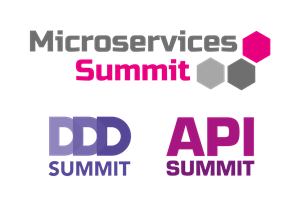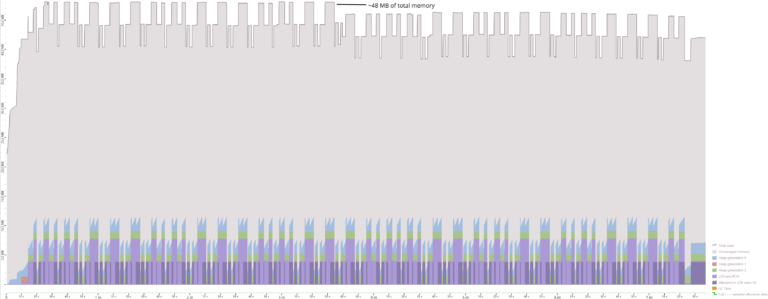Azure in Action: Pragmatische Cloud-Lösungen mit Containern & Serverless
IDE öffnen, „File – New Project – Cloud“, OK klicken und fertig. Oder? Nun, nicht ganz. Denn egal ob AWS, GCP oder eben Azure: am Ende des Tages werden Sie sich fragen, warum, wann und wie gehe ich in die Cloud? Genau diese Fragestellungen wollen Thorsten Hans und Christian Weyer für Java-, node.js- und .NET-Entwickler in diesem Workshop beantworten. Anhand diverser Use Cases werden mögliche Wege mit, über und in Azure diskutiert. Was bedeuten Architekturansätze wie Cloud-Native Microservices und Serverless Microservices? Wie gehe ich bei Brownfield-Projekten vor und wie kann ich Greenfield-Lösungen effizient in Azure realisieren? Wo liegen Unterschiede und Benefits von datengetriebenen und von ereignisgetriebenen Ansätzen? Wie kann ich mit dem Sammelsurium an Patterns, Technologien und Tools in Azure kosteneffektiv hantieren und dennoch flexibel sein? All dies werden wir anhand praktischer Beispiele und pragmatischer Lösungen in interaktiver Art und Weise adressieren. Sehen Sie PaaS, Web Apps, Containers, Orchestrators, Serverless, Functions & Co. mit der Azure-Cloud anhand von .NET-Demos in Action.
Event

Links & Materialien
Slidedeck
Hallo, .NET Developer!
Du begeisterst Dich für .NET-basierte Cloud-Native-Lösungen?
Du möchtest, dass Deine Expertise zum Einsatz kommt und von einer Expertenschaft gechallenged wird? Du weißt, dass nur durch Research auch während der Arbeitszeit neue Technologien erlernbar sind und erst damit Innovation möglich wird?
Weitere Artikel zu .NET Core, Azure, Containers, Kubernetes, Microservices


Data Access in .NET Native AOT with Sessions


Native AOT with ASP.NET Core – Overview


Incremental Roslyn Source Generators: High-Level API – ForAttributeWithMetadataName – Part 8


.NET 7 Performance: Regular Expressions – Part 2
In this second article of our short performance series, we want to look at the latter one of those problems.



